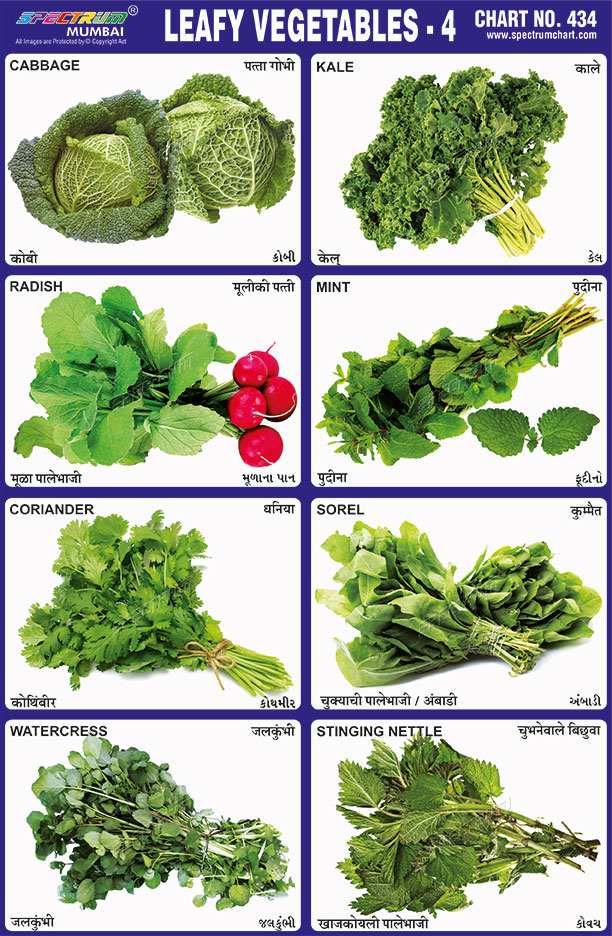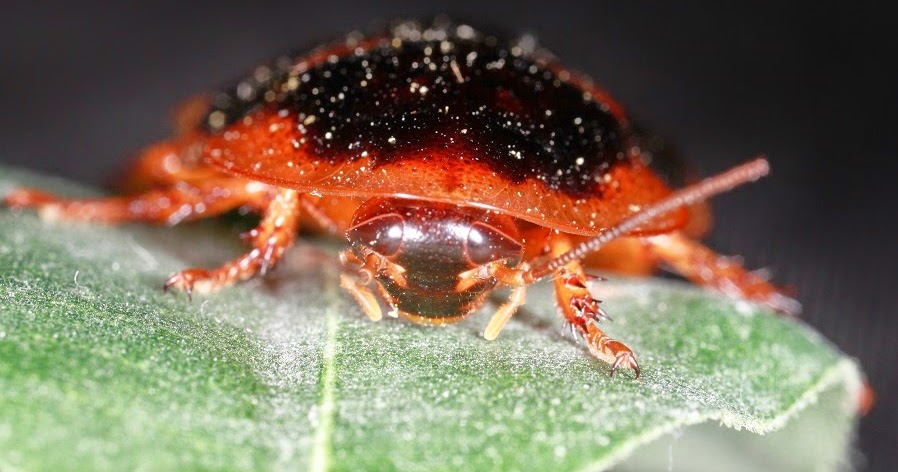Top 10 Foods for Bearded Dragon: A Beginner's Guide
Introduction
Bearded dragons are fascinating and friendly pets that require proper care and diet to live a healthy and happy life. A balanced and nutritious diet is essential for maintaining their overall health and promoting growth. Therefore, it is crucial to know what to feed your bearded dragon to keep them healthy and active. In this blog post, we will highlight the top 10 foods for bearded dragons that every beginner should consider.
1. Live Insects

Bearded dragons are carnivorous animals that require live insects as a source of protein. You can feed them crickets, mealworms, waxworms, cockroaches, and phoenix worms. These insects are readily available in pet stores and online shops. It is essential to dust the insects with calcium and vitamin supplements before feeding them to your bearded dragon.
2. Leafy Greens

Leafy greens are an excellent source of vitamins and minerals for your bearded dragon. You can feed them kale, collard greens, mustard greens, dandelion greens, and turnip greens. These greens should be chopped into small pieces and mixed with other fruits and vegetables to create a healthy salad for your bearded dragon.
3. Fruits

Bearded dragons love fruits as a treat. However, you should provide fruits in moderation as they contain high levels of sugar. You can feed them apples, mangoes, berries, papaya, and bananas. These fruits should be cut into small pieces and mixed with other vegetables.
4. Vegetables

Vegetables are an essential part of your bearded dragon’s diet. You can feed them squash, carrots, sweet potatoes, bell peppers, and green beans. These vegetables should be cooked and cut into small pieces before feeding them to your bearded dragon.
5. Commercial Bearded Dragon Food

Commercial bearded dragon food is a convenient and easy way to provide a balanced and nutritious diet for your pet. You can feed them pellets, canned food, or freeze-dried food. These foods contain a mix of vegetables, fruits, and insects that provide the necessary nutrients for your bearded dragon.
6. Mealworms

Mealworms are an excellent source of protein for your bearded dragon. You can feed them mealworms as a treat or to supplement their diet. However, it is essential to feed them in moderation as mealworms have a hard exoskeleton that can cause impaction in your pet’s digestive system.
7. Dubia Roaches

Dubia roaches are a popular choice among bearded dragon owners as they are high in protein, low in fat, and easy to digest. You can feed them dubia roaches as a staple food for your pet. It is essential to dust the dubia roaches with calcium and vitamin supplements before feeding them to your bearded dragon.
8. Superworms

Superworms are another excellent source of protein for your bearded dragon. You can feed them superworms as a treat or to supplement their diet. However, it is crucial to feed them in moderation as superworms have a hard exoskeleton that can cause impaction in your pet’s digestive system.
9. Pinkie Mice

Pinkie mice are high in protein and fat, making them an excellent food source for growing bearded dragons. You can feed them pinkie mice as a treat or to supplement their diet. However, it is essential to feed them in moderation as pinkie mice can cause health problems if fed excessively.
10. Water

Water is essential for your bearded dragon’s health and survival. You should provide freshwater in a shallow dish that is easy for your pet to access. You should change the water daily to keep it clean and free of bacteria. Additionally, you can mist your bearded dragon with water to keep them hydrated and healthy.
Conclusion
Feeding your bearded dragon a balanced and nutritious diet is essential for their overall health and well-being. The top 10 foods for bearded dragons that we have highlighted in this post provide the necessary nutrients for your pet. However, it is essential to feed them in moderation and provide a variety of foods to prevent nutritional deficiencies. As a beginner, you should consult with a veterinarian or a bearded dragon expert to ensure that you are feeding your pet the right foods.
